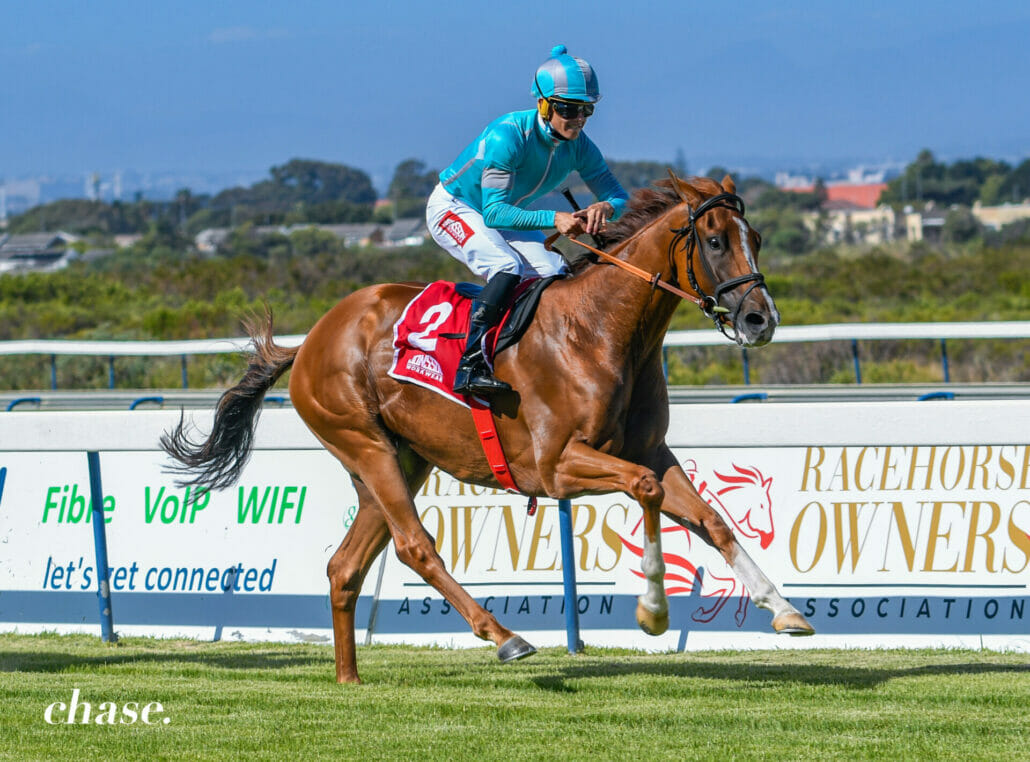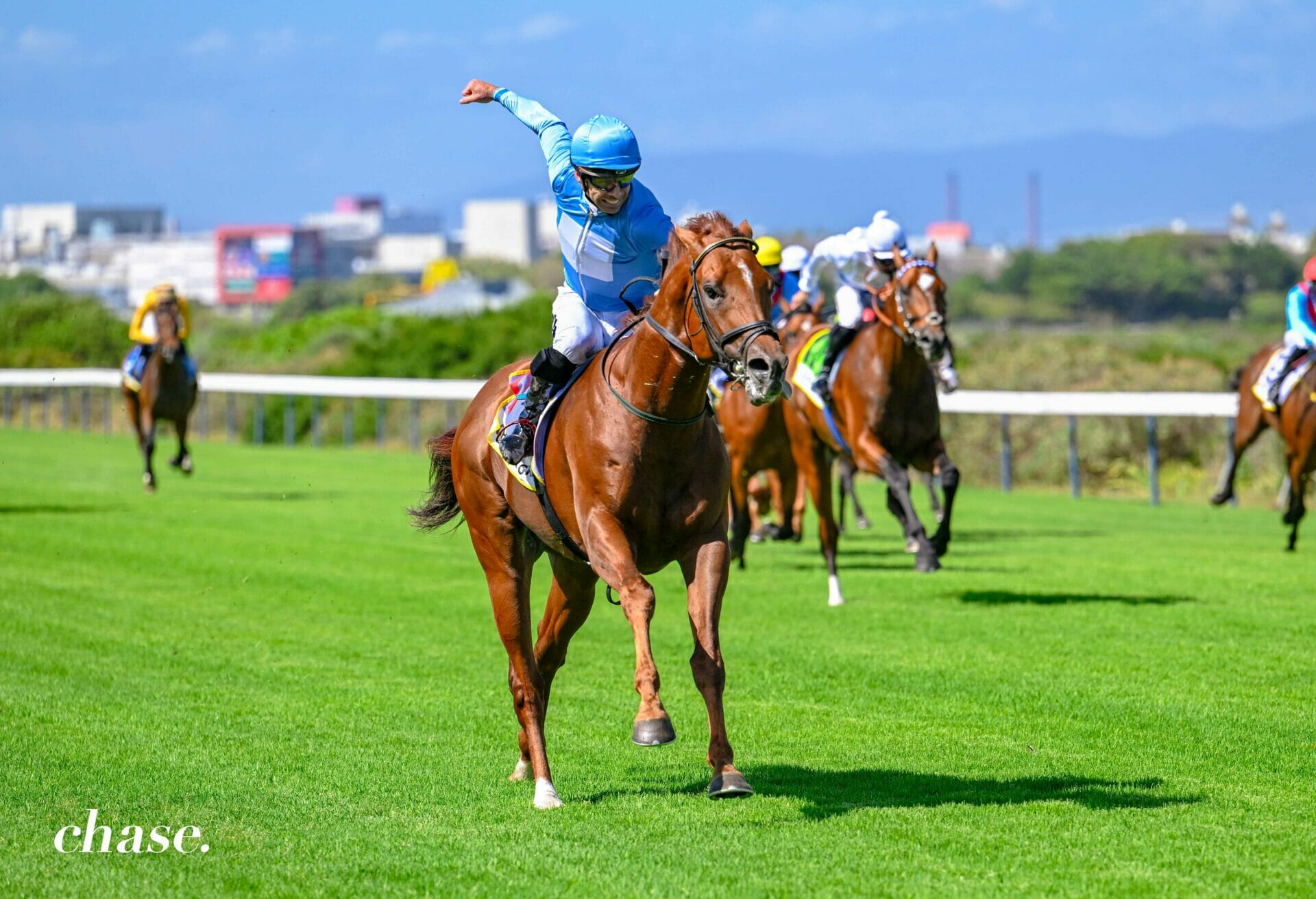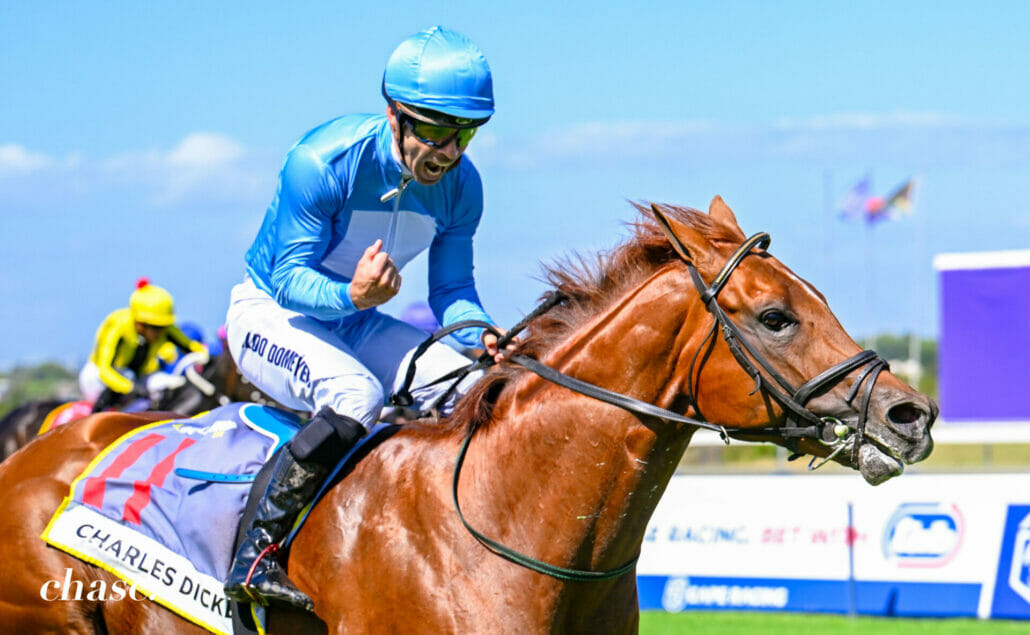How The Stakes Have Changed | Derby Day
Such are the winds of change which have swept through the Cape Racing scene since Hollywoodbets and businessman Greg Bortz threw the sport a financial lifeline, that the winner of the season-ending Splashout Cape Derby will pocket R890 625 for his connections.
And that alone is well up on the R625 000 that Pomp And Power earned for his owners last year.
In fact, the Cape Derby’s total prize money increased from R1m to R1.5m for this year’s installment, where the betting and every expert in the industry seems to expect Charles Dickens to stroll to victory.
The three-year-old, wearing the familiar blue and white silks of Gaynor Rupert’s Drakenstein Stud, lost no friends when going down in the L’Ormarins King’s Plate and is expected to bounce back in style over the Kenilworth 2000m.
Should he win, Charles Dickens will take his career stake money to around R2.9m, from only eight races, and give further ammunition to those who say we should be talking about him in the same breath as past greats like Sea Cottage and Horse Chestnut.
The so-called “Derby Day” on 25th February brings the curtain down on a Cape season that started with the Cape Punters Cup on 19th November. It would be fitting if Charles Dickens were to sign off a season that has re-established the region as a powerhouse of the sport.
Some 18 winners of the three-year-old showpiece have gone on to win either the Durban July or Cape Town Met, the last being the 2014 winner Legislate.
Back in the day – the Cape Derby was first run in 1925 for a stake of £600 – it was the richest race in the country and run over 2400m. The first running was won by a filly, Desert Born, although the last filly to win was Dog Wood in 1999. Ironically, that was the year the three-year-old colt Horse Chestnut was cleaning up, winning the Cape Guineas and Met and stamping himself as the potential best-ever.
Thanks to the R15m stakes increase in sponsorship by Hollywoodbets, the stake money moved the dial from R55m for the previous season to around R75m for 2022/23. So, while the Cape Derby meeting signals the end of the current campaign, new life has been breathed into the sport. Long may the positivity and upward curve continue.



